For decades, diesel was the king of the off-road world. It was the fuel that gave you power when nothing else could, sipped less on the highway, and kept things simple enough that a bloke with a shifter and a bush mechanic’s know-how could keep it running. Diesel was torque, range, reliability, all in one.
But none of those arguments stack up quite like they used to.
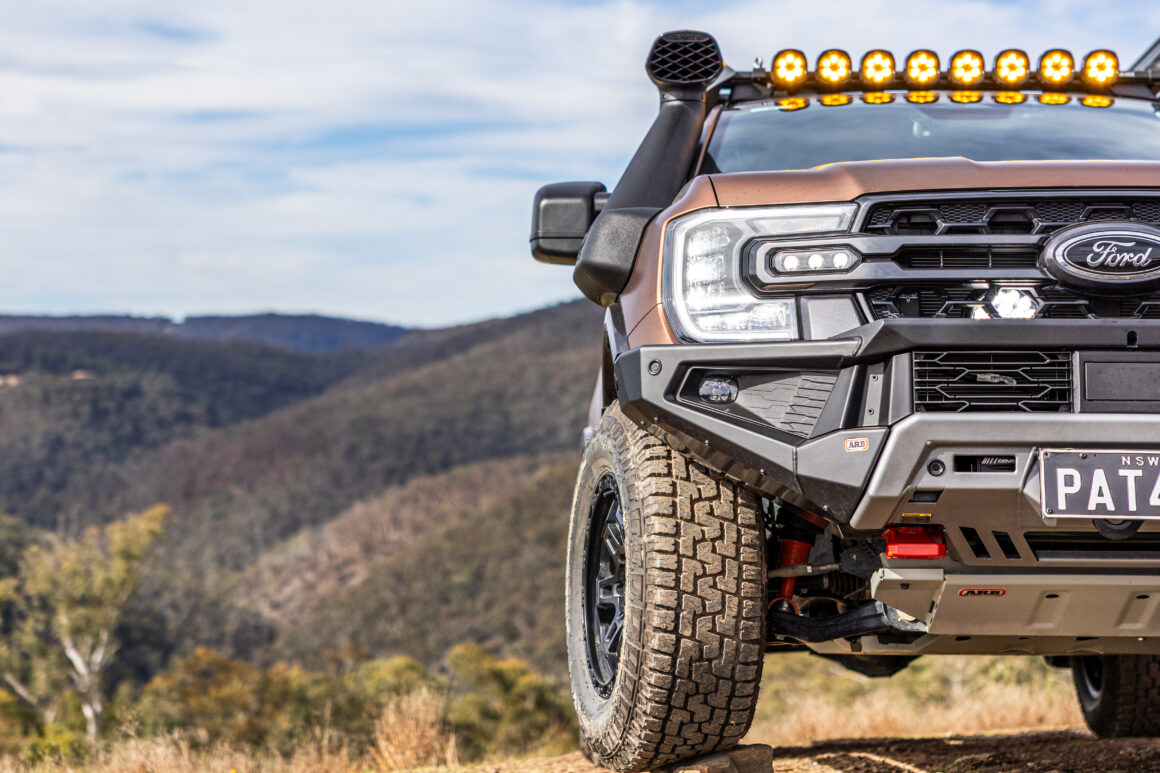
Power Isn’t Diesel’s Domain Anymore
There was a time when “go diesel” meant you got the stump-pulling torque numbers. These days? Petrol-hybrids and plug-in hybrids are flipping that on its head. Ford dropped the F-150 diesel in the U.S. because the hybrid petrol out-powered and out-torqued it — while using less fuel. Closer to home, the Chinese hybrids are spitting out performance figures that would’ve looked like brochure typos only a few years back.
Economy Has Moved On Too
Diesel once wore the crown for economy on long hauls, but plug-in hybrids are making a serious case for themselves. The upcoming Ranger PHEV is a prime example: drive to work Monday to Friday on electric power, basically zero fuel cost and with a simpler drivetrain, then still have the tank full and ready for weekend towing and touring. It’s a best-of-both-worlds scenario that diesel can’t really match anymore.
Simplicity? Forget It
If you reckon diesels are still the “simple” choice, you haven’t looked under the bonnet of a modern 300 Series LandCruiser. Twin turbos, EGR systems, DPFs, AdBlue, it’s a minefield of emissions gear that can stop you dead in your tracks if something fails. The days of the old mechanical 1HZ 80 Series soldiering on forever are long gone. Modern diesels are just as complicated, if not more, than the latest hybrid drivetrains.
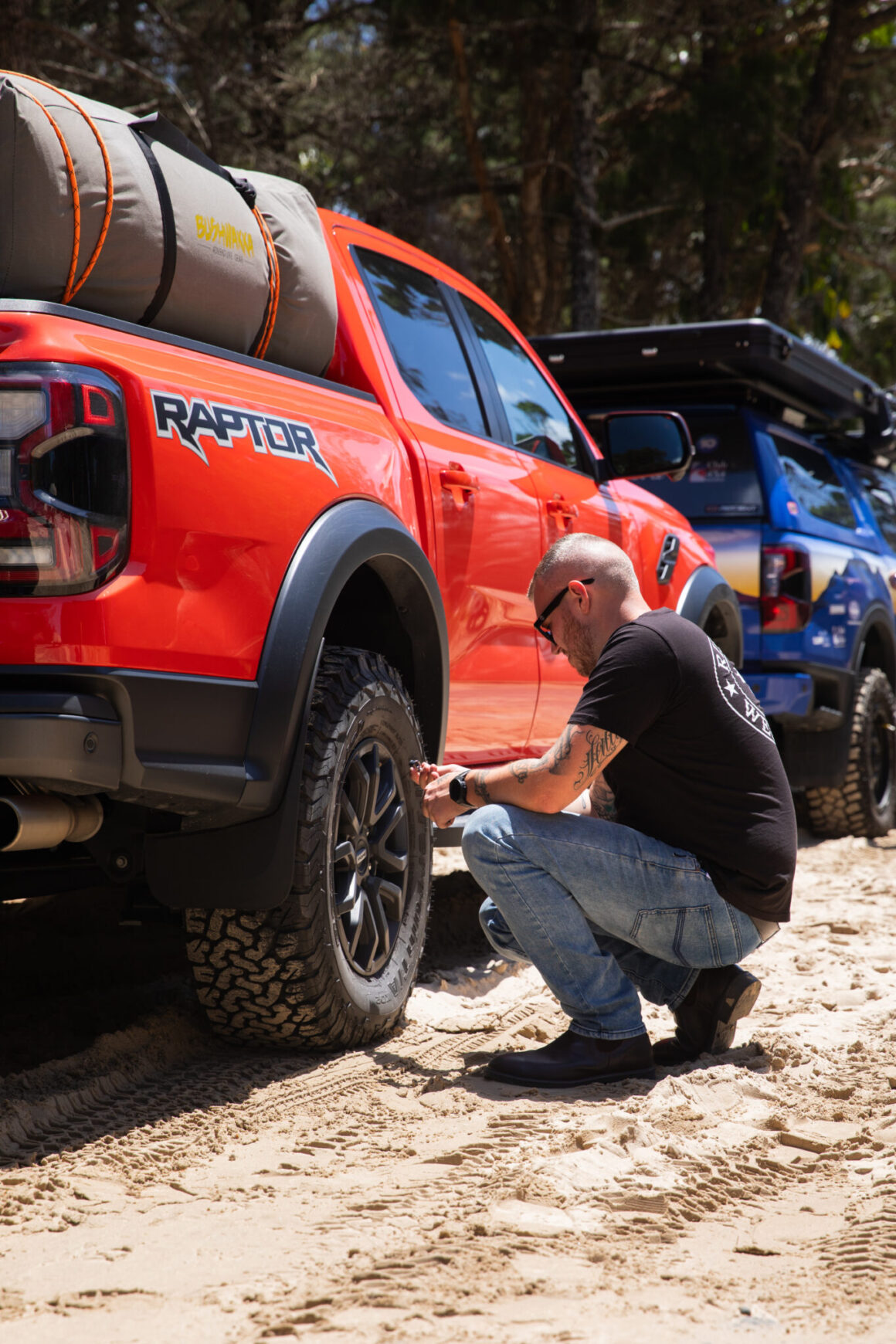
Where This Leaves 4X4ers
This doesn’t mean diesel’s dead tomorrow. If you’re towing a big van across the Nullarbor or doing the Canning, diesel is still the path of least resistance, for now. Fuel is everywhere, and it’s still the easiest way to get long-range touring done. But looking five or ten years down the line, the tide’s shifting. Petrol-hybrids and plug-ins are doing the torque and economy thing better, and full EVs are getting bigger range and faster charge times with the new Mercedes solid state battery giving a 1000km range.
The Big Question
So, is diesel done for? In the long run, probably. It had its glory days as the reliable choice, then the economical one, then the powerful one. But those titles have all been chipped away by new tech that’s better in every department.
The writing’s on the wall, the diesel era isn’t ending overnight, but the clock’s ticking.




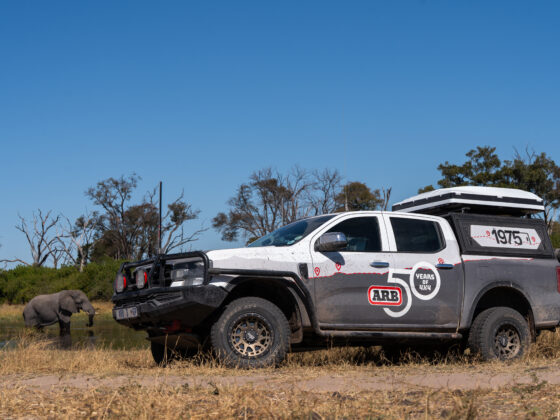




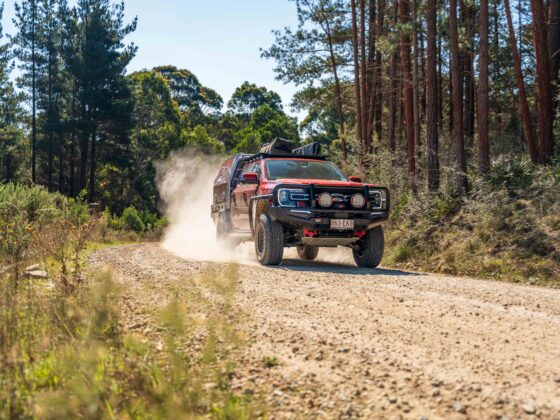
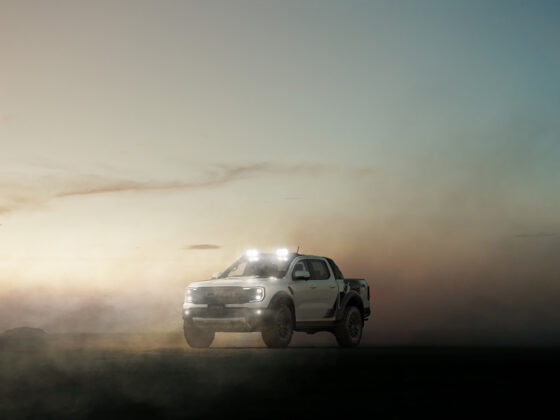
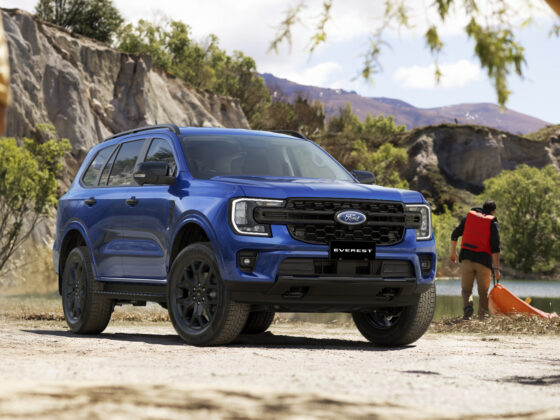
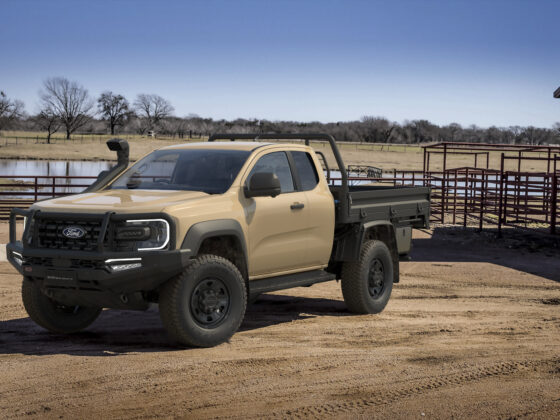
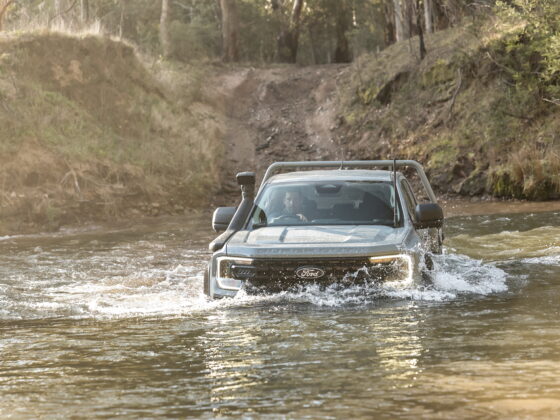
8 comments
Diesel utes were favoured by farmers, as when they needed replacing, they became unregistered farm utes, however now that they have DPFs, and they never reach the speeds/rpms for the “burn”, they eventually (quickly) become a garden ornament.
The most common vehicle seen on the back of a truck was the 300 series on our recent trip to Birdsville,
Interesting to see a river crossing in the future.
Diesel engines power generators, ships, trains, trucks, tractors, cranes, and cars. Its use may lessen but as a fuel, it will be around for many more years to come.
It’s seems extremely counter productive for these PHEVs to be petrol. A diesel hybrid would be significantly more efficient than a petrol hybrid. The complexity of a hybrid system doesn’t need added complexity of a petrol engine. Diesel is the more common fuel type in the areas where a full battery electric would be problematic.
It’s almost like the manufacturers are just using Hybrids as a stalling tactic to halt their demise/bankruptcy with the inevitable onslaught of EVs.
My GQ 4.2TD runs smoothly and with a lot less smoke than it’s diesel petroleum based equivalent when using cooking oil instead Diesel . It also got me home to Sydney from VICTORIA with a alternator that was not charging. I brought the idle up enough so it would not stall at idle and turned off all unnecessary power using devices and used a GPS as a speedometer running under it’s own battery power and river crossing were no problem . The only thing I can see that could match this sought of reliability could be a basic steam powered 4wd that could be heated by a preheated combustion chamber and it would only need water to power it. Rivers are a problem for Rangers as they lock up and can not be used if water upsets the electrical system. There great for weekdays commute and weekend hauling of recreational toy’s, but as a vehicle to get you out of any thinkable trouble?
I have, for many years, realised this change is intensifying. The rate of change in e- technology is rapid. We will embrace it as it embraces our needs. This year will be the standard e-car, feeding off our solar system and then using said cars battery to run house overnight. I have purposely maintained our 2003 Troopie and replaced/refurbished as required. This vehicle is only used for our remote and off-road ventures and tows, if trip demands it as we still use swags, our Kimberly Karavan camper. We will change to a remote capable e-off-roader when viable (plus affordable) and I feel that would be more between the 5 and 10 year mark. Recent hybrids like the Shark are game changers in that light use market. Keep an eye on Rivian developments.
Agree that diesels are dead are far as this tourer goes. I bought a Y62. The V8 tows the van, handles everything off-road and it’s comfortable. No I didn’t buy it for the fuel economy and couldn’t care less. Love it.